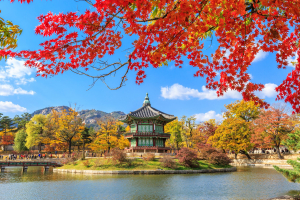Top 10 South African Culture, Customs and Etiquette
Should you remove your shoes when visiting friends? Should you greet those on elevators with a smile? When thinking about the dos and don'ts in your own ... read more...nation, these questions might not seem like the most obvious ones, but things that you might not even consider at home can have a major impact abroad. Here is a list of South African Culture, Customs and Etiquette.
-
Due to the fact that tips are typically not included in the final bill, it is customary to leave a tip of around 10% in restaurants. It's acceptable to leave extra money as a tip. Additionally, tipping tour guides, hotel porters, gas station employees, and parking attendants is usual.
You might be asking why tipping parking lot workers is required. In South Africa, cars are occasionally stolen, although the attendants will keep an eye on your vehicle. Over their attire, they frequently wear vests in vibrant colors. Although the majority of these employees are trustworthy and honest, they do not hold formal positions. This indicates that the tips they receive are their sole source of revenue. Give them some change as a tip (R1-R5).
If you leave too large of a tip, the dishonest, unethical parking attendant may decide to target you. Yes, there is a lot of tipping in South Africa, but keep in mind that the local currency is weak in comparison to the US dollar, the euro, the pound, and other major world currencies. (A $2 tip costs only US $0.14 at the time of this writing.)
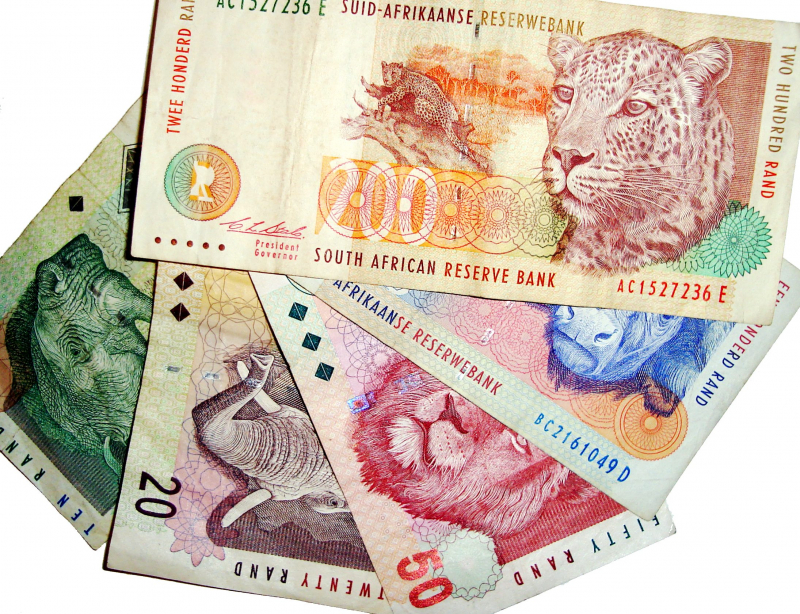
http://nowheremag.com/ 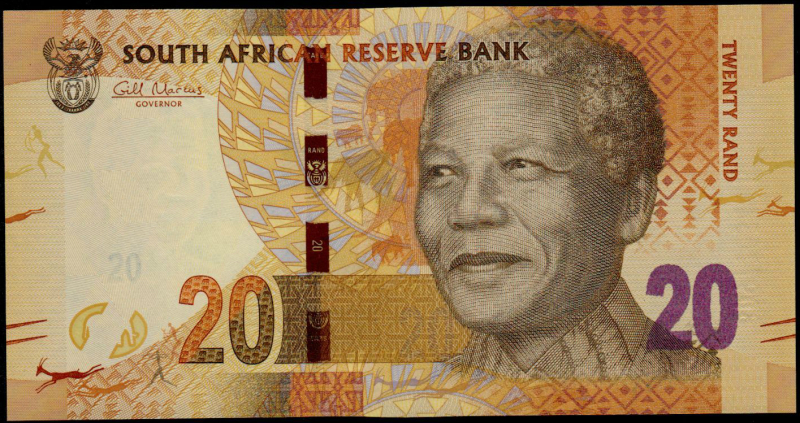
https://moneycurrencypictures.blogspot.com/ -
People from varied racial and linguistic backgrounds make up South Africa's population. The official languages of the nation are eleven different tongues. English and Dutch were the first official languages. The majority of people in South Africa are multilingual. Zulu, which is spoken by 23% of the population and is notably common among South African natives, is the most often spoken language.
Xhosa and Afrikaans are spoken by 16% and 14% of the population, respectively. The 10 million Zulu people speak the Zulu language. In the entire population, 50% of people can understand it. In 1994, the Zulu language was recognized as a national tongue. More than 11 million people speak Xhosa as a second language, and 8 million people speak it as their mother tongue.
The Eastern Cape Province is home to the vast majority of Xhosa speakers. Afrikaans developed from Dutch and has borrowed words from Khoisan and German, among other languages. The most frequently spoken language in South Africa is English, which is also the most popular second language among its citizens.

https://southafrica-info.com/arts-culture 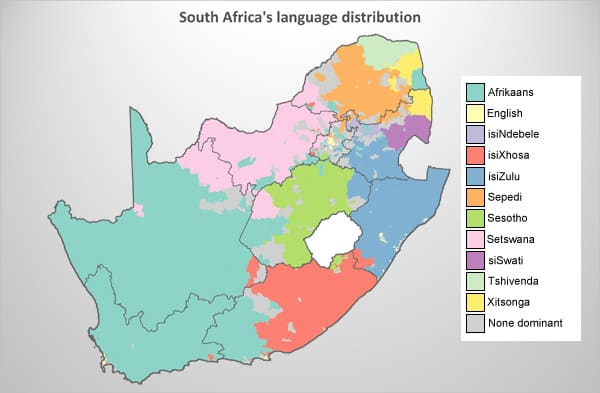
https://www.amren.com/ -
You will be required to accept food and beverages if you have been asked to someone's home, and they are offered. Refusing to enter someone's home without their permission might be seen as being impolite. Wait for your host to lead you into a new room.
South Africans might be too courteous. Feel free to appreciate someone's home and possessions if you are in their residence, but avoid doing it frequently. It's possible that a South African will give it to you out of courtesy. When this occurs, make it clear that while you appreciate the gesture, you do not wish to accept it. When the moment comes, do not be shocked if your South African guests accompany you to the gate, car, or street.
When it's time to depart, don't be shocked if your South African hosts accompany you to the gate, car, or street. They might even wave you away. This is normal. You may be welcomed to remain for as long as you choose by your South African hosts. They are courtesy-bound. Do not linger past your time limit. Spitting in public is considered impolite; it is proper to cover your mouth when you yawn, cough, etc. Receiving something with both hands cupped together is considered polite, especially in the black culture; Some ethnic groups could view gestures made with the left hand as unfriendly. It's customary in some South African homes to remove your shoes before entering;
Home visits are typically scheduled in advance; Unexpected visits are typically made by family members or long-time friends; When you arrive as the guest, you will be required to treat everyone with respect; if you have been invited, you might not be expected to provide a present. Nevertheless, it would be considerate to bring some drinks or wine. The South African society is, for the most part, fairly liberal. For instance, homosexual marriage was made legal across the country in 2006; regardless of sexual orientation, everyone's rights are guaranteed by the constitution. Having said that, some rural communities continue to be strongly influenced by conservative ideals.
https://www.africanexponent.com 
https://end-blasphemy-laws.org/ -
One of the world's most varied cultures is that of South Africa. The nation is home to an astonishing eleven official languages as well as numerous other recognized languages, each of which has its own vibrant culture. In South Africa, the majority of people still reside in rural areas where cultural traditions have persisted. However, traditional cultures have been losing ground as a result of urbanization and the widespread use of new technology. The native tongues are gradually being replaced by English and other foreign languages.
South African culture is not uniform; rather, it is a blend of cultures, with various cultures predominating in various parts of the country. The Khoikhoi and San cultures, as well as the Zulu, Ndebele, Xhosa, and Sotho cultures, are a few of South Africa's well-known ethnic groups. These cultures harmoniously converge to give the nation its distinct international identity.
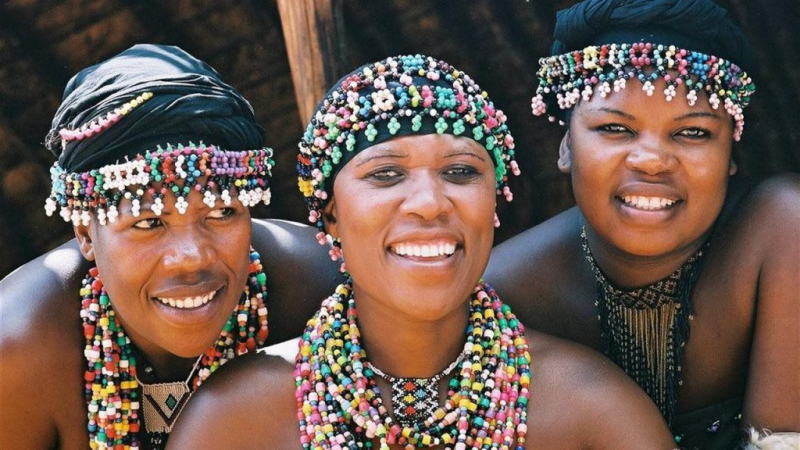
https://www.cachevalleydaily.com/ 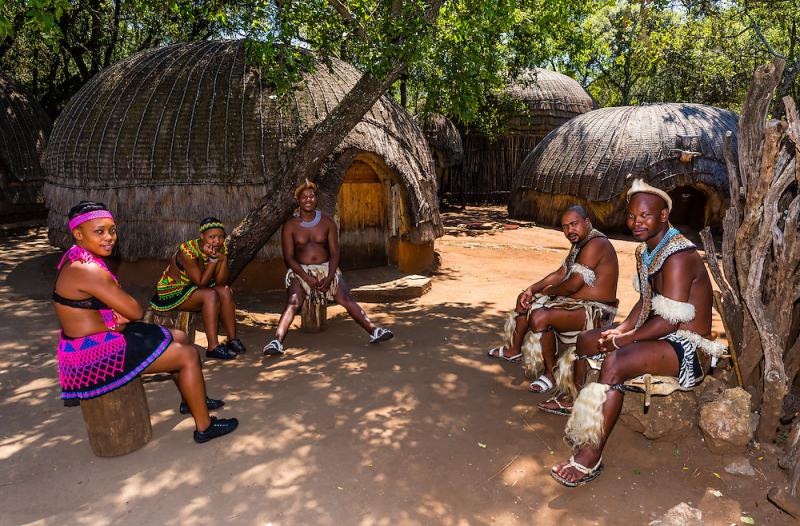
https://blaineharrington.photoshelter.com/ -
Receiving something with both hands joined and held out like a cup is considered polite. It might not be considered courteous by some South African ethnic groups to make motions with the left hand. Compared to black and mixed-race South Africans, who are more likely to adhere to "African time," white and Asian South Africans place a higher priority on punctuality.
South Africans frequently say "just now" or "now-now." Doing something "now-now" means doing it right away, whereas doing something "just now" means doing it soon but not right away. When you yawn, you should cover your mouth politely. Spitting in public is impolite. Always treat those who are older than you with greater respect. In South Africa, tips typically account for 10% of total expenses and are not typically added to the total. The tip will be included if you and the vendor have previously agreed upon a price (like for a cab fare). Tipping in spare change is permissible for any other exchanges.

http://cultures2013.blogspot.com/ 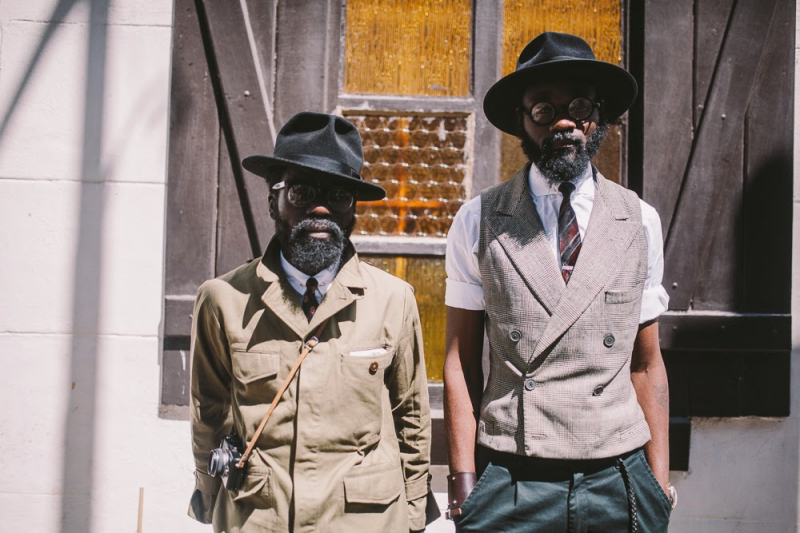
http://sartists.blogspot.com/ -
The standards of dining etiquette in African cultures can differ, even in terms of how to sit at a table. For instance, it is courteous in Zulu culture to scream your arrival from the gate, but the host must thereafter seat you. As an alternative, in Sotho culture you should take a seat right away. As long as you make an effort to comprehend the particular culture you are in, you can generally count on South Africans to be hospitable.
Do not point your foot at people or food while seated. Typically, white South Africans use a fork and knife to eat (continental style). However, spoons or fingers are frequently used by South Africans of African descent. There may be a hierarchical structure to some South African houses' order of things. In some South African households, food is served in a hierarchical order: guests come first, then the oldest man, then the other males, then the kids, and then the ladies. Other guests may occasionally be asked to wait until the oldest male has started eating before beginning their dinner.
During a meal, it is rude to point or gesture with your fork. It can be suggested that you accept second helpings at a dinner. In Indian South African families, eating extra helpings might be seen as a tribute to the host's hospitality and cooking. Uneaten food on your plate can be seen as a poor impression of the host or food. It is appropriate to provide a brief comment on the hosts' food and/or hospitality toward the end of the meal. Even if a host might think this comment is superfluous, it will be valued.
The primary meal of the day is dinner, and on weekends, braai (barbeque) is frequently served (see Braai below). Except for ice cream or meals from a street vendor, adults rarely eat outside or while standing up.
When dining out, the one who first invited the other to join them usually foots the tab.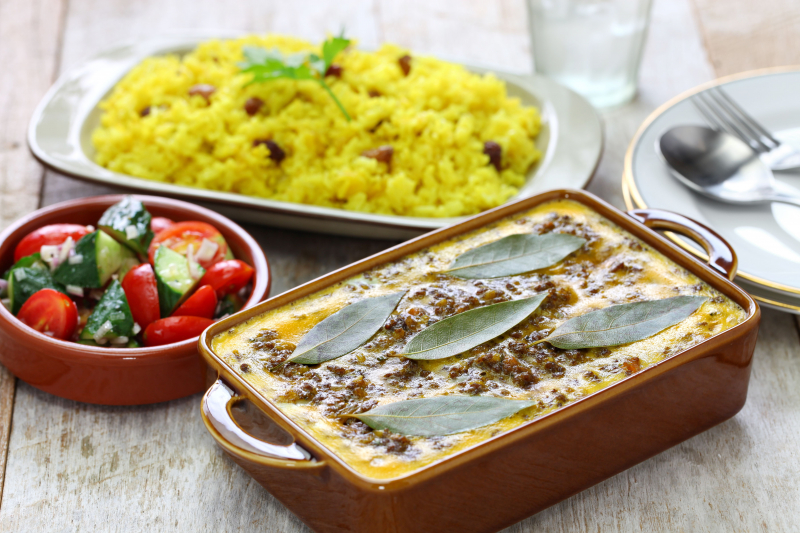
https://www.thespruceeats.com/ 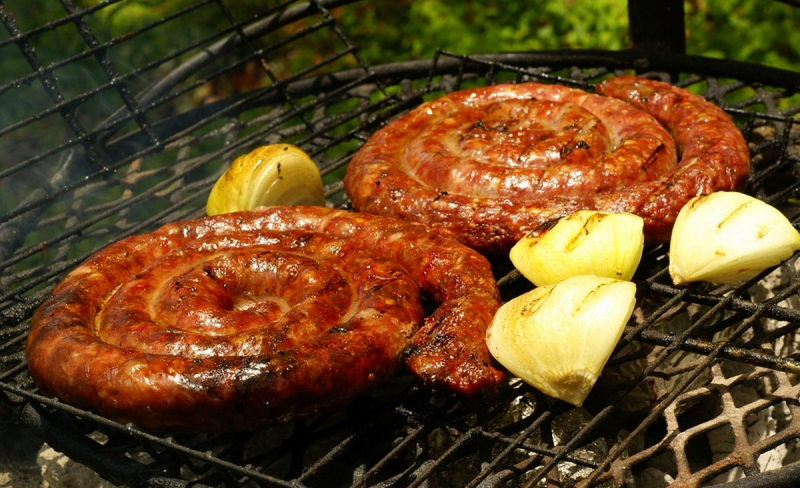
https://african4.com -
Everyone should be greeted politely and right away when you see them. This is crucial, especially in South African rural villages where it is polite to welcome everyone you pass. The most typical greeting consists of a handshake, eye contact, and a grin. Most South Africans would consider this appropriate.
Depending on who you are greeting, handshakes might be soft or forceful. People from small towns and villages may shake hands with two hands. Men typically wait for women to extend their hand first when shaking hands with someone of the opposing gender. If two people are close friends, they might hug when they first meet.
Until a person indicates that it is permissible to use their first name, it is courteous to refer to them by their title and last name. Elders are frequently referred to as Tata (Xhosa meaning father) or Mama while being addressed in the native language with titles for father, uncle, mother, or aunt (Xhosa for mother). South Africans typically like taking the time to greet one other, exchange pleasantries, and participate in social conversation. It is considerate to inquire about someone's wellbeing.
Location may also have an impact on interactions, with people in rural areas using more traditional methods and those in metropolitan areas using more cosmopolitan methods. A Xhosa man might, for instance, greet everyone in a tiny town but hardly recognise outsiders in a big metropolis.
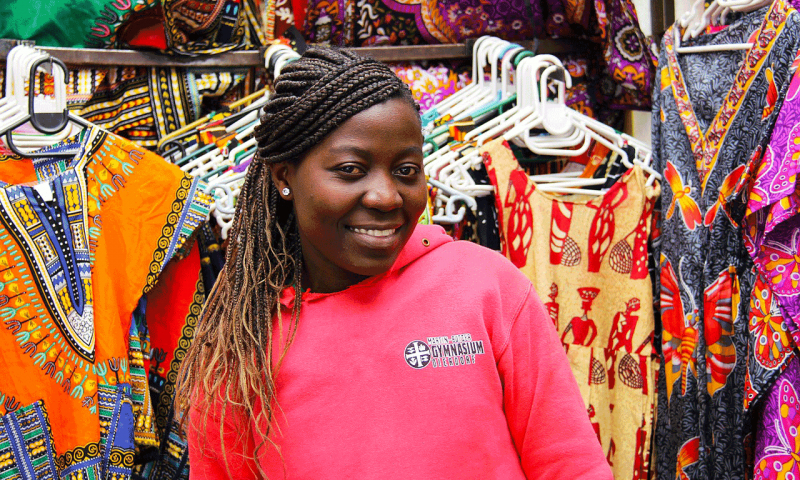
http://www.skandaholidays.co.uk 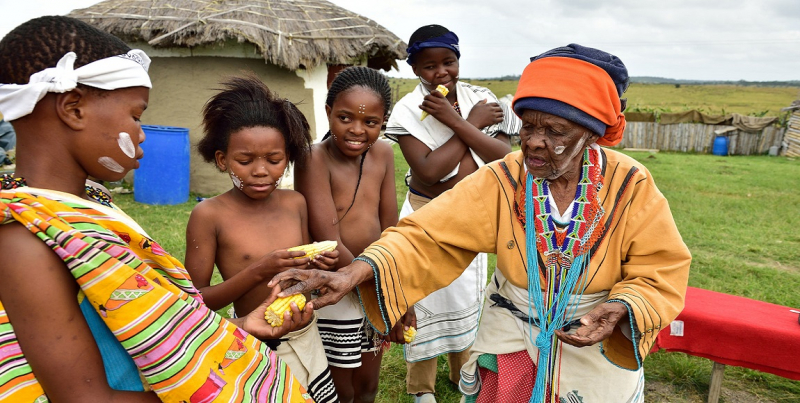
https://www.thedailyvox.co.za/ -
There has never been a recognized state religion in South Africa. Everyone's right to freedom of conscience, religion, thinking, belief, and opinion is specifically stated in the nation's constitution. However, Christianity remained the most popular religion today because the government actively supported it for much of the 20th century.
Although there was no question about religious affiliation in the 2011 South African census, the majority of South Africans (84.2%) declared themselves to be Christians in the 2013 General Household Survey. This was a rise from the 79.8% figure from the 2001 census.
The remainder population was made up of 5% who identified with ancestral or traditional African religions, 2% Muslims, 1% Hindus, and 0.2% Jews. 0.2% of the population declared themselves atheists or agnostics, while 5.5% said they believed in "nothing in particular" and 1.6% were unsure.
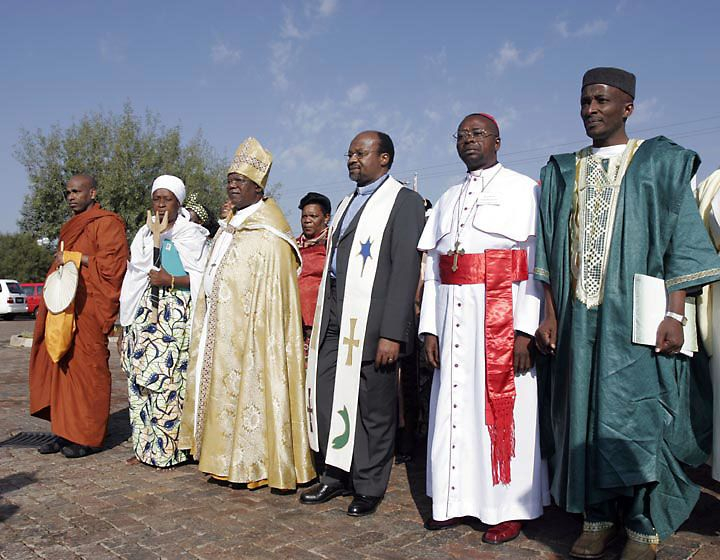
https://howsouthafrica.com/ 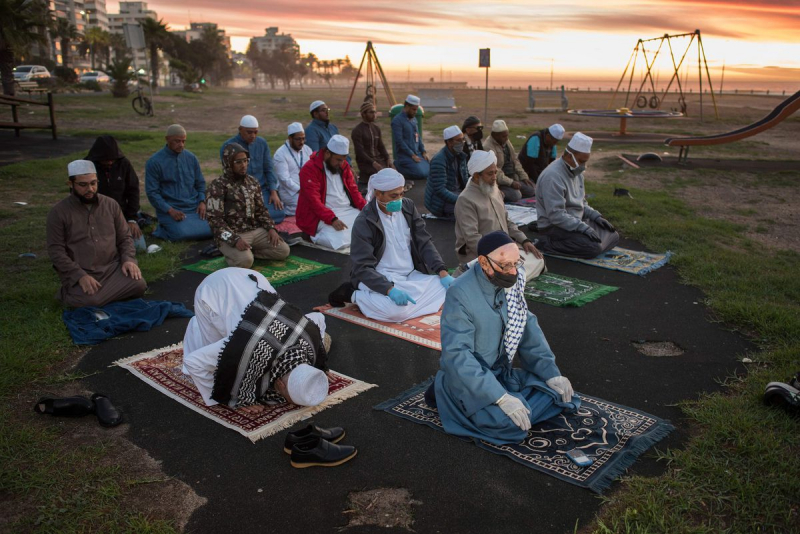
https://www.theglobeandmail.com/ -
In the 1600s, a massive influx of Dutch Christian missionaries brought Christianity for the first time to South Africa. Beginning in the early 1800s, other missionaries came from the United States, Scandinavia, France, Britain, and Germany. These early connections had a significant impact on the religious makeup of South Africa and still do. Currently, 84.2% of South Africans identify as Christians.
The provinces of Northern Cape (97.9%) and Free State (95.5%) have the largest proportions of Christians in the nation, according to StatsSA. In South Africa, Christians frequently play a significant role in their communities. For instance, according to the General Household Survey, 56.4% of those who identify as Christians say they go to church every week.
The largest Christian organization is the "African Independent Church" (also known as the African-initiated Church). This consists of a number of churches and subgroups that are diverse in terms of language, ritual, and denomination. The fact that they were all founded by African initiatives rather than foreign missionaries, however, unites them all. African Independent Churches frequently openly combine Christian practices with elements of ancestral and traditional African religions.
The Zion Christian Church (ZCC), which blends Christian worship with those of indigenous African religions, is the largest church of this type. In this tradition, emphasis is placed on rituals that promote both bodily and spiritual recovery. Additionally prevalent in South Africa are the Methodist, Roman Catholic, Anglican, Dutch Reformed, Lutheran, Pentecostal, and Seventh-day Adventist churches.
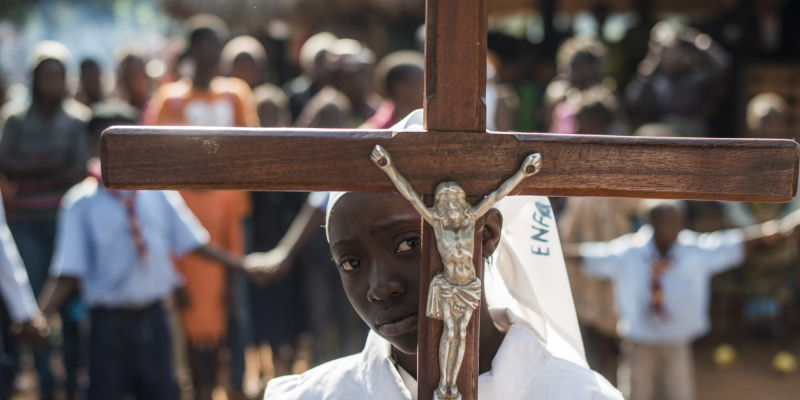
http://www.huffingtonpost.com/ 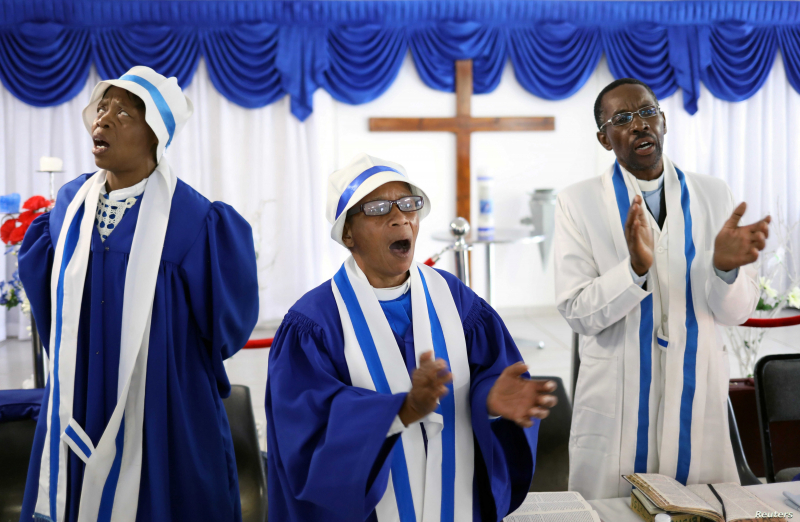
https://www.voanews.com/ -
The ancient beliefs and practices of the Khoisan people, who lived in the area for generations, are the earliest known religion in South Africa. In 1000 CE, Bantu-speaking ethnic groups brought new religious practices to the area. With about 5% of the population identifying with a traditional African religion, South Africa is now home to a variety of traditional African traditions. In the province of KwaZulu Natal, 11.35% of the people identify as practicing traditional African faiths.
Some South Africans only follow the customs and practices of their ancestors. The fact that such behaviors and beliefs are frequently mixed with Christianity illustrates how religious lines are frequently crossed in South Africa. Most traditional African faiths place a high value on respecting both past and present generations of elders.
People frequently engage in various activities, such as prayer, to keep a spiritual connection with their ancestors. Some cultures may have a spiritual leader with a variety of duties. For example, in the Zulu tradition, there are specialized mediators known as "sangomas" who are in charge of both medical and spiritual healing as well as future planning.
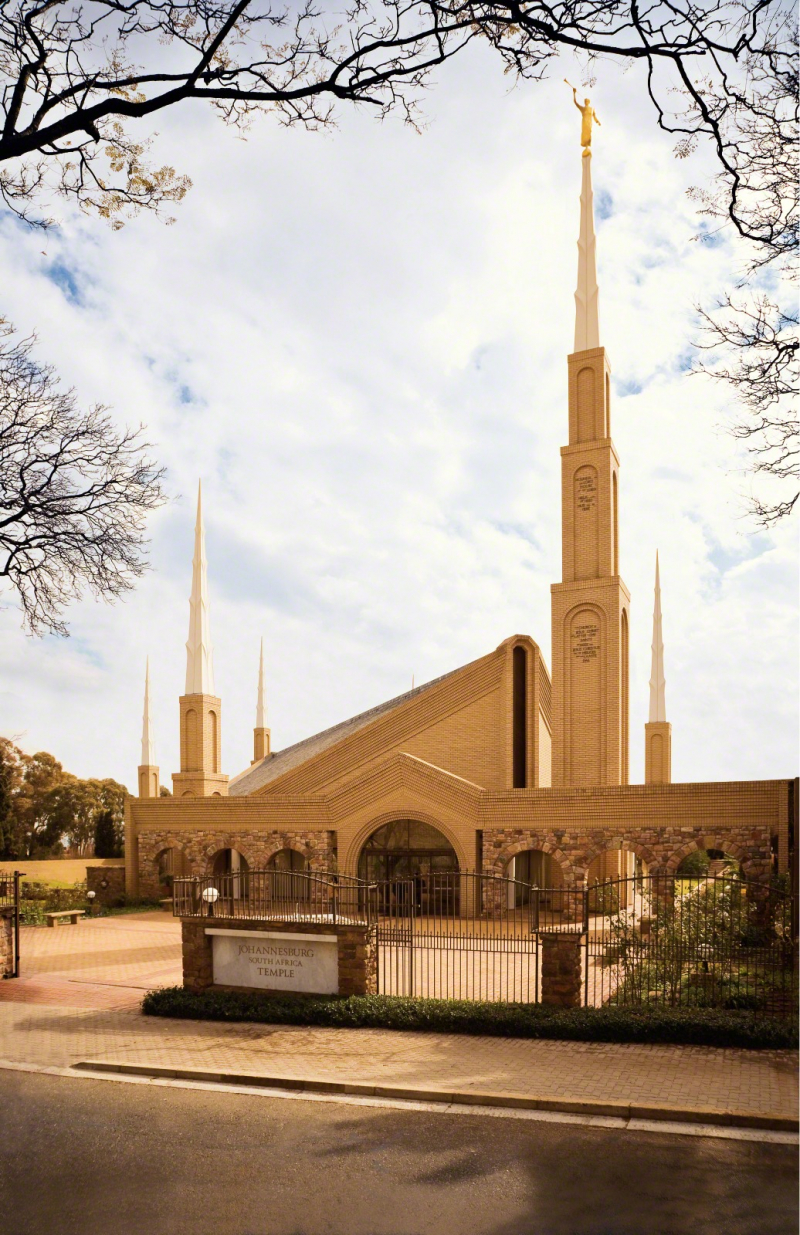
https://www.churchofjesuschrist.org/ 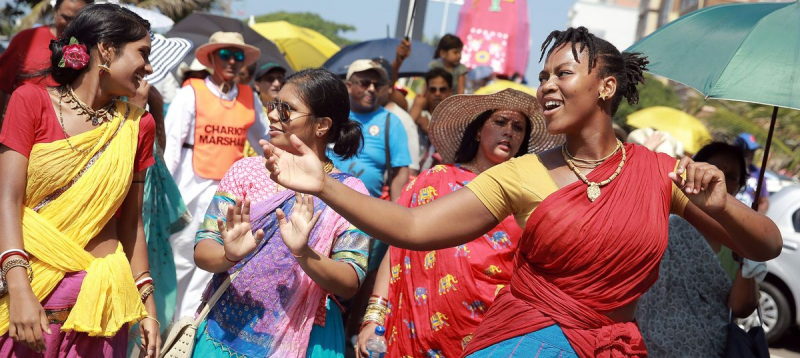
https://scroll.in/













